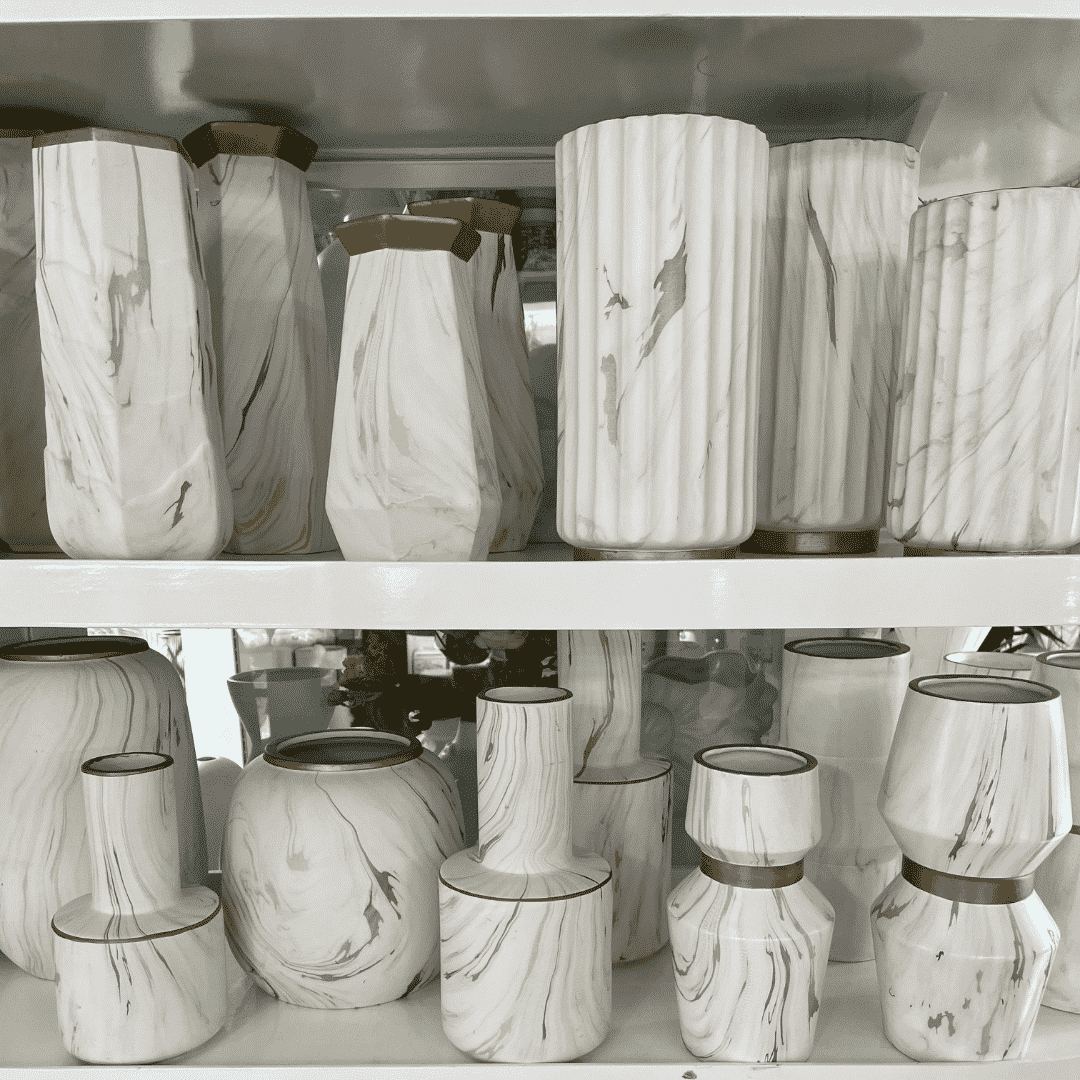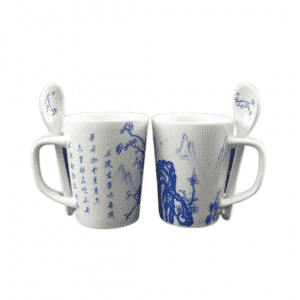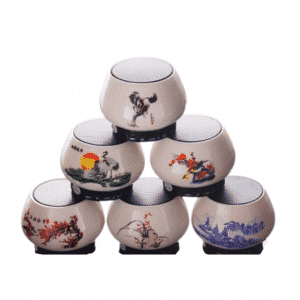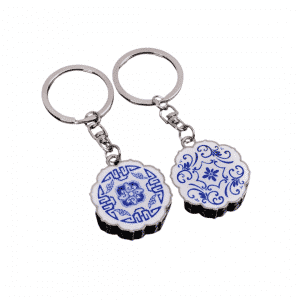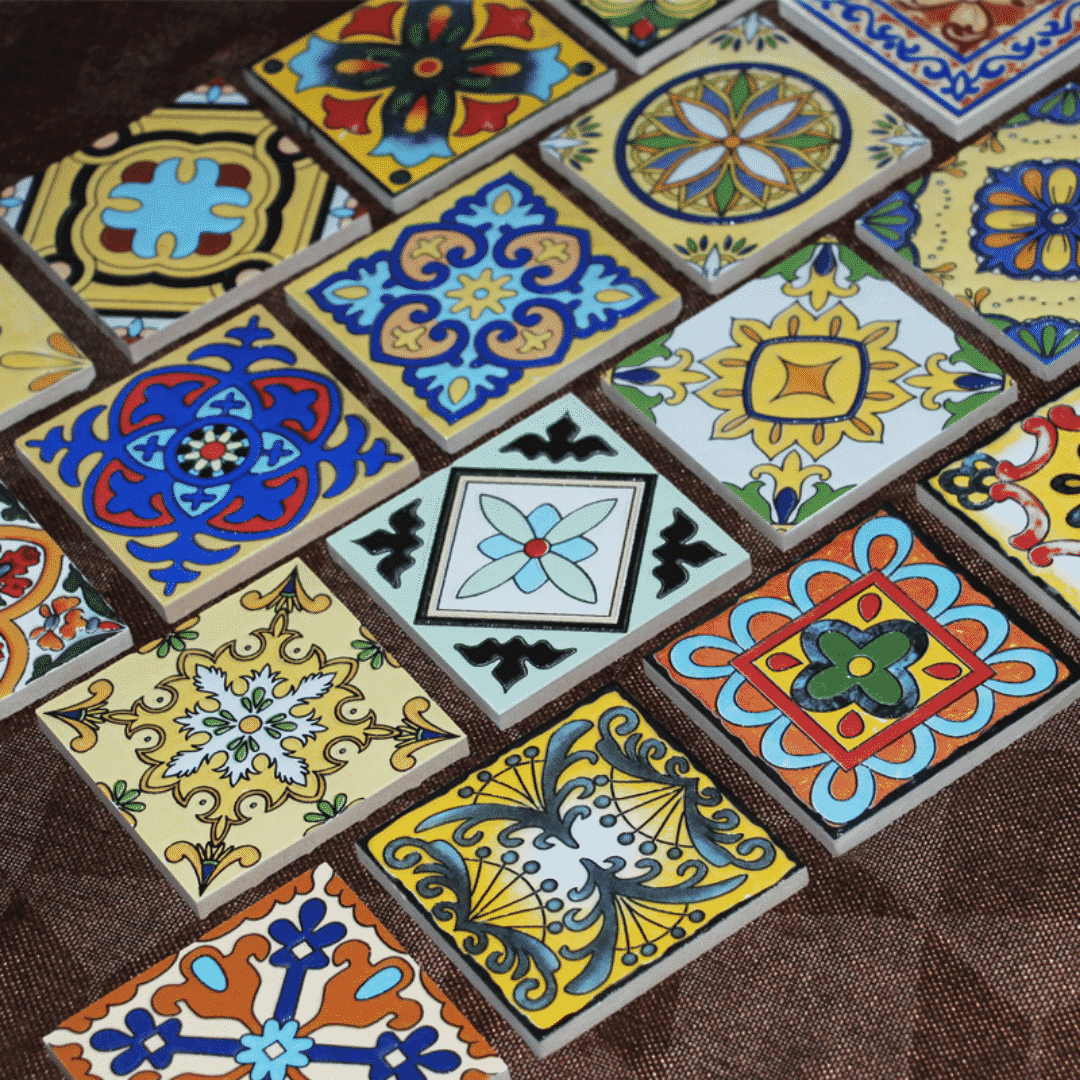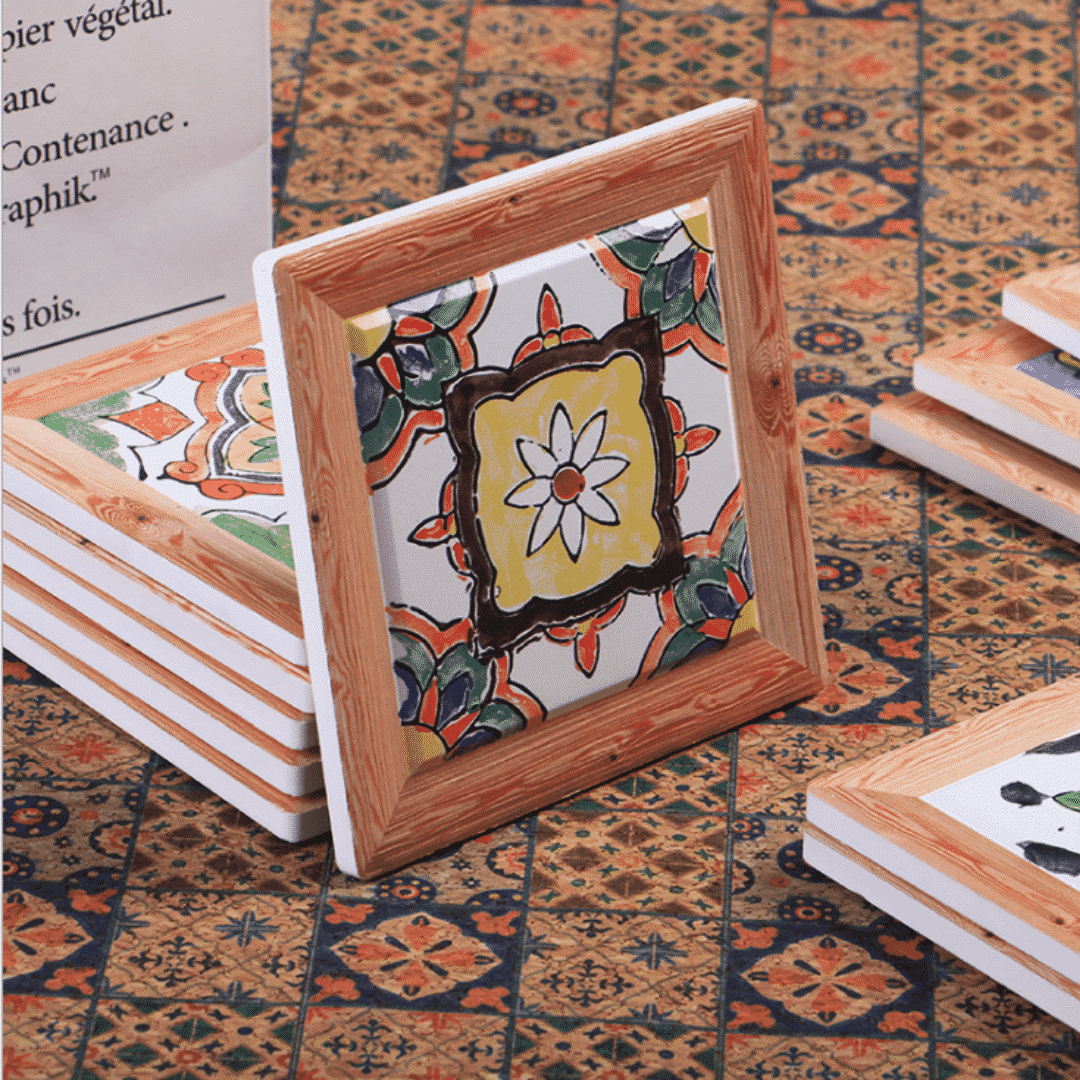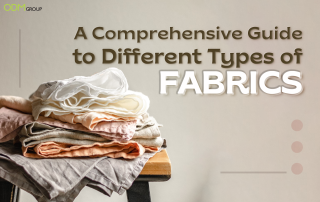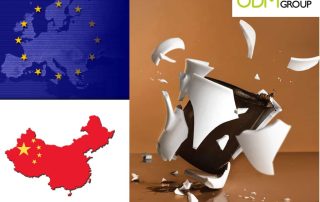On February 2012, the European Commission, on behalf of the UK and the other member states, opened proceedings concerning ceramic tableware and kitchenware originating from the People’s Republic of China, resulting in the ceramics anti-dumping tax law.
The Commission has taken into consideration that Chinese producers have been exporting these goods to the EU market at prices below their normal value by at least a margin of 5% since 2007. What are the updates on the ceramics anti-dumping tax law? Keep on reading here!
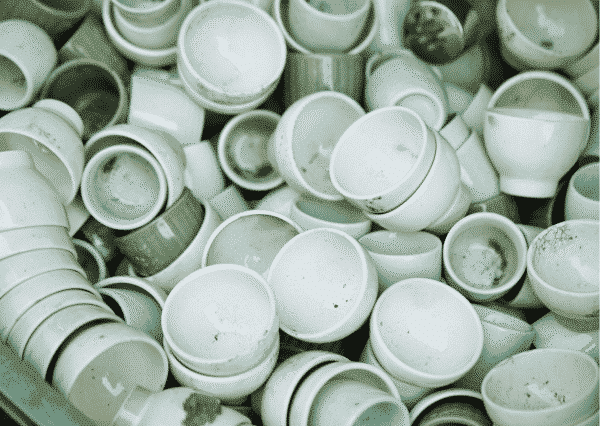
The opening of the proceedings came after three associations representing ceramic and tableware producers in Europe filed a complaint. The associations were: the European Federation for Table and Ornamentalware, the Association of German Ceramic Producers and the equivalent association in Italy.
What is an Anti-Dumping Tax?
Anti-dumping tax is a special tax imposed on imports of products that are being sold below the fair market value or under the cost of production. The purpose of anti-dumping laws is to protect domestic producers from unfair competition by foreign firms that may be selling products at prices lower than their fair market value.
Why Does the EU Impose this Tax?
This regulation will benefit the European Union industry. The EU industry consists of more than 200 producers, with factories located in the different Member States. They directly employ more than 25 000 people in the production and sales of the like product.
By imposing a high tax rate for these products, the market will search for substitute products and turn to local producers instead. Dumping can eliminate local producers from the market and this will affect the unemployment rate in the Union. This is certainly not in the interest of the Union, especially in the midst of a financial crisis.
Timeline
• 31 December 2020 – the UK Department for International Trade issued Taxation Notice 2020/30 maintaining the duty following the United Kingdom’s exit from the European Union from 1 January 2020.
Following the set expiration of the definitive duty on 16 July 2024 the United Kingdom will determine the duty’s continued imposition.
• 16 June 2019 – the European Commission extended the definitive anti-dumping duty imposed on imports of ceramic tableware and kitchenware originating from China following the conclusion of the sunset review.
The rate of duty is between 13.1% and 36.1% of the net free-at-Union-frontier price before duty depending on the company. The regulation extending the definitive duty was published on 15 June 2019.
• 15 May 2018 – the European Commission initiated a sunset review of the antidumping duty imposed on imports of the subject good from China. The investigation follows the application lodged on 16 February 2018 by the FEPF – European Federation for Table-and Ornamentalware.
• 13 May 2013 – the Commission announced the imposition of definitive anti-dumping duties on the subject product.
• 14 November 2012 – the Commission communicated the imposition of provisional anti-dumping duties on the product investigated.
• 16 February 2012 – the European Commission opened proceedings concerning ceramic tableware and kitchenware originating from China, over allegations of price dumping between 2007 and 2011.
Which Products are Affected?
The product concerned is ceramic tableware and kitchenware. It can be porcelain or china, common pottery, stoneware, earthenware or fine pottery or other materials.
Non-structural ceramic ware
Tableware, kitchenware, other household articles and toilet articles, of porcelain or china
Tableware and kitchenware
Ceramic tableware, kitchenware, other household articles and toilet articles, other than of porcelain or china
Ceramic tableware, kitchenware, other household articles and toilet articles, other than of porcelain or china
The main raw materials include minerals such as kaolin, feldspar and quartz. The composition of raw materials used determines the type of the final ceramic product produced.
Exclusions
A claim of exclusion has been raised in the period of investigation from 1 January 2011 to 31 December 2011. The only claim of exclusion accepted was on ceramic (kitchen) knives. Therefore, the following products are considered ceramic and are subject to the anti-dumping tax.
- (Fine) bone china
- Chinese/ Oriental-looking items
- Durable porcelain
- Handmade porcelain
- Hand-painted tableware
- Stoneware
The investigation has shown that all types of ceramic tableware and kitchenware, despite the differences in terms of properties and style, have the same basic physical and technical characteristics, i.e. ceramic ware is primarily aimed at being in contact with food, they are basically used for the same purposes, and can be regarded as different types of the same product.
Some cooperating factories are imposed lower tax rates. The list of factories excluded can be found here.
What is the Role of ODM?
As your procurement partner, the ODM team conducts factory visits to ensure quality control and get a thorough view of the production process. We have also established strong connections and trusting relationships with reliable suppliers in China.
We’ve been helping companies of all sizes with their product design and development needs since 2003. Our diverse approach makes us a great partner for businesses who want a team to manage their projects closely.
Together with our design agency, Mindsparkz, we ensure that we are always ahead of the game to guarantee that you will get new and innovative products for your marketing campaigns and promotions.


